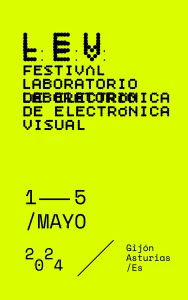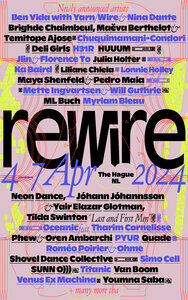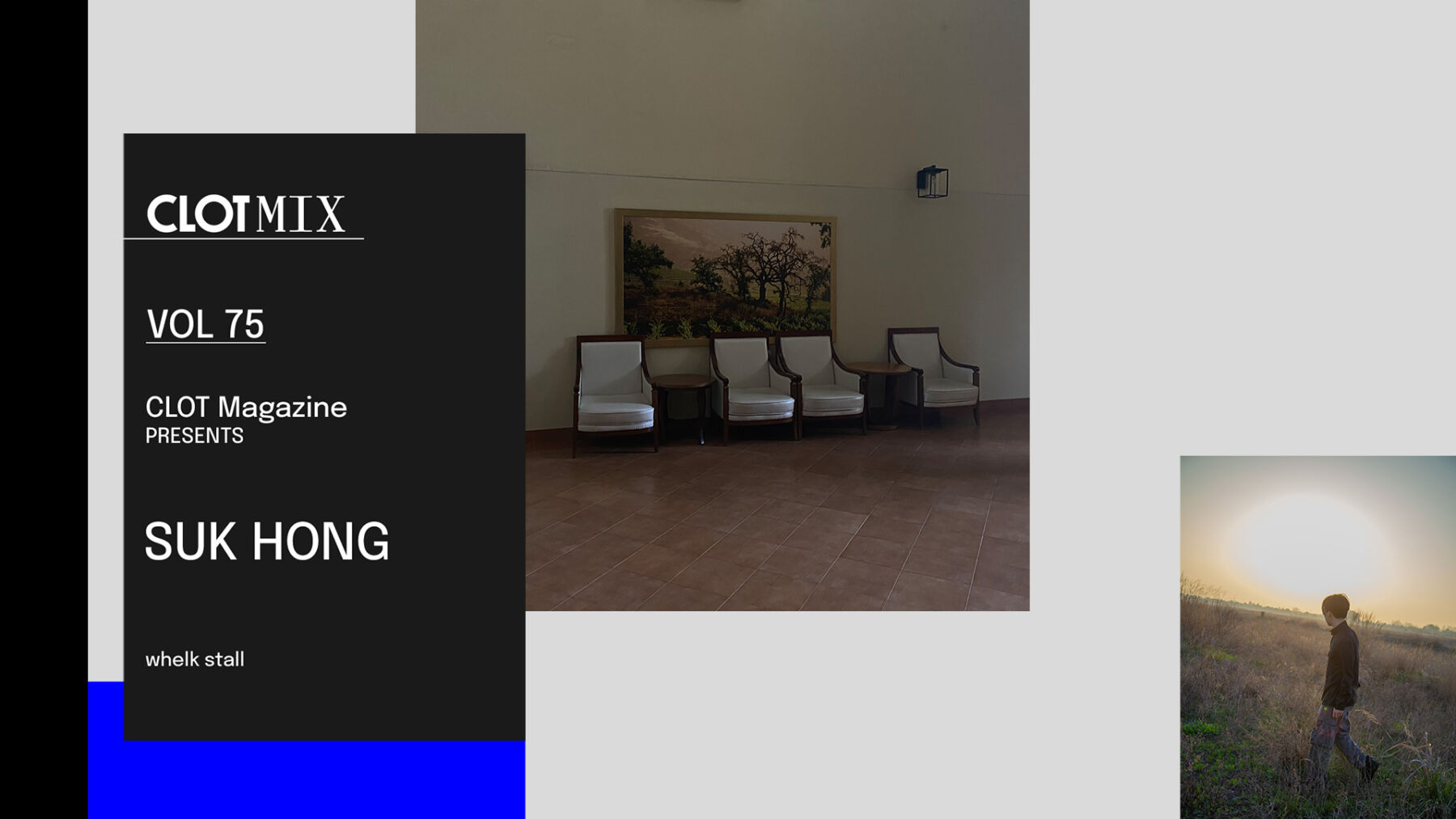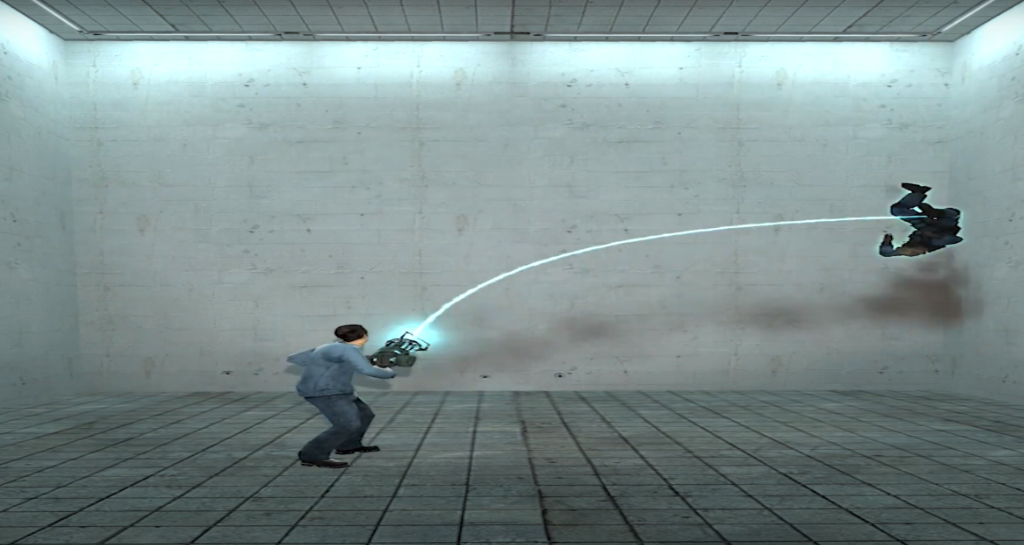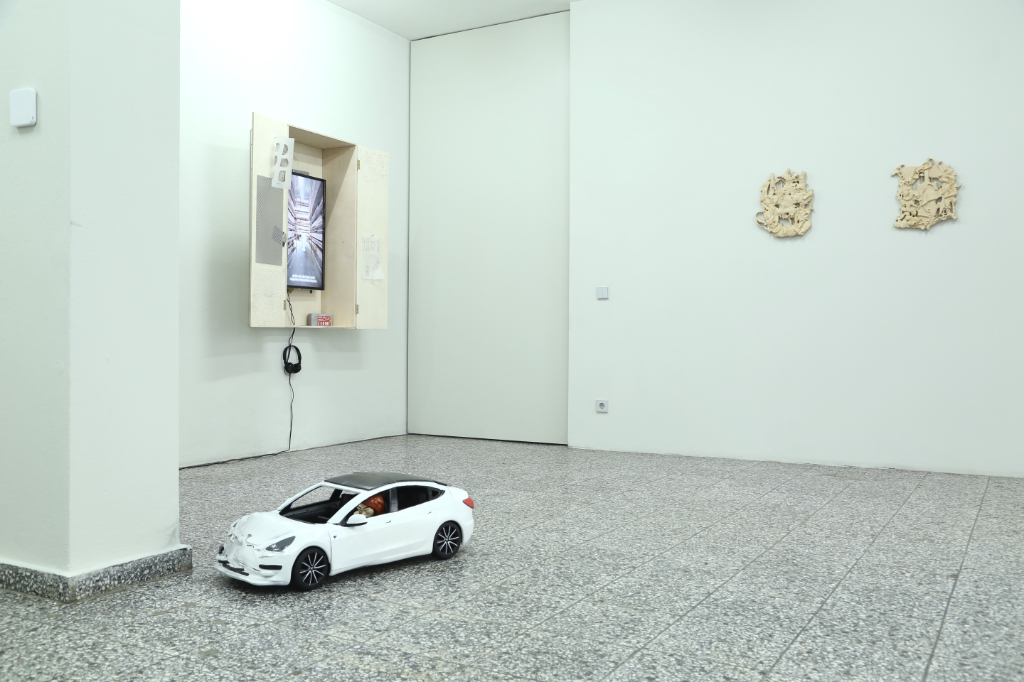Interview by Tony Cho
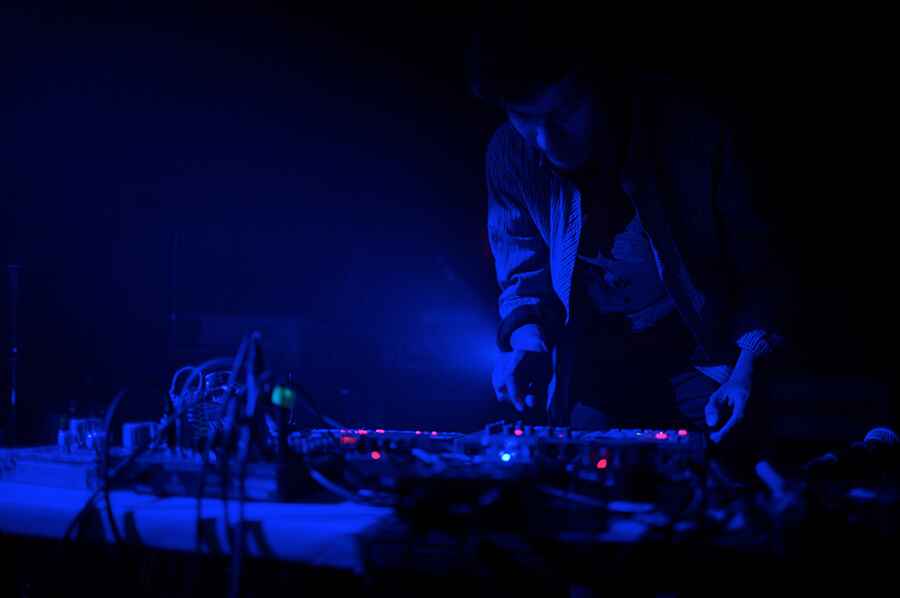
Formed out of necessity, Chinabot is a growing platform and collective with a mission to change the dialogue surrounding Asian music within the experimental music genre. With a lack of exposure of Asian artists pursuing contemporary experimental music, Chinabot is a testament to the growing number of Asians who are entering this world. Starting with just four members (Saphy Vong, Jae Ho, Sabiwa, Pisitakun) the platform has grown to over 30 artists experimenting in sound from all over the world.
This rising growth has been a result of Chinabot’s ability to allow their community to embrace their cultural hybridities and allow them the mental freedom to explore their own traditions and cultures through their music. Perhaps this is what makes their music hard to grasp or typify, as all 30 artists come from very different backgrounds and sociopolitical contexts within Asia. From Cambodia to Korea to everywhere else around the world, Chinabot is a mixing pot of Asian diaspora in today’s globalised society.
Although many artists in Chinabot identify with their Asian heritage, that does not mean they are completely isolated from Asia. Artists such as Saphy and Jae Ho are of Asian descent yet choose to have their HQ in London. As Chinabot has rallied around the familiar sense of community among Asian artists, Chinabot has become an exemplar of minorities representing the avant-garde. Especially concerned with the portrayal of Asian culture and Asian identity, Chinabot does well to bring a diversity of musical experiences and goes against feeding a single image of what Asian music is or can be.
Often within the backdrop of a glitchy aesthetic, many of Chinabot’s artists use traditional Asian rhythms and sounds, incorporating them into an experimental electronic context. Sounds coming out of Chinabot are best described as eclectic, strange, and totally original, breaking the mould of world music as a traditional soundscape. These experiences themselves can be seen in songs like in JaeHo’s Non-self EP, where elements of pop are intermixed with traditional Korean instruments. Other musicians, such as Cambodian-born Ladfidki (Saphy Vong) communicate the complex racial tensions within his mother country by featuring traditional sounds from more than 20 ethnic groups within the Cambodian mountains.
Although Chinabot is, in essence, a group of friends and like-minded individuals who are keen on collaborating with each other, somehow, their effect seems to leave a much larger footprint than just that. Chinabot challenges the paradigm that globalised music, even in the underground scene, does not need to originate from Berlin, London, or Paris and that music with cultural roots (not borrowed) has a place to stay. Looking toward the future, Chinabot seems poised to become a beacon for those interested in pursuing experimental music from all over Asia, and that in itself is exciting.
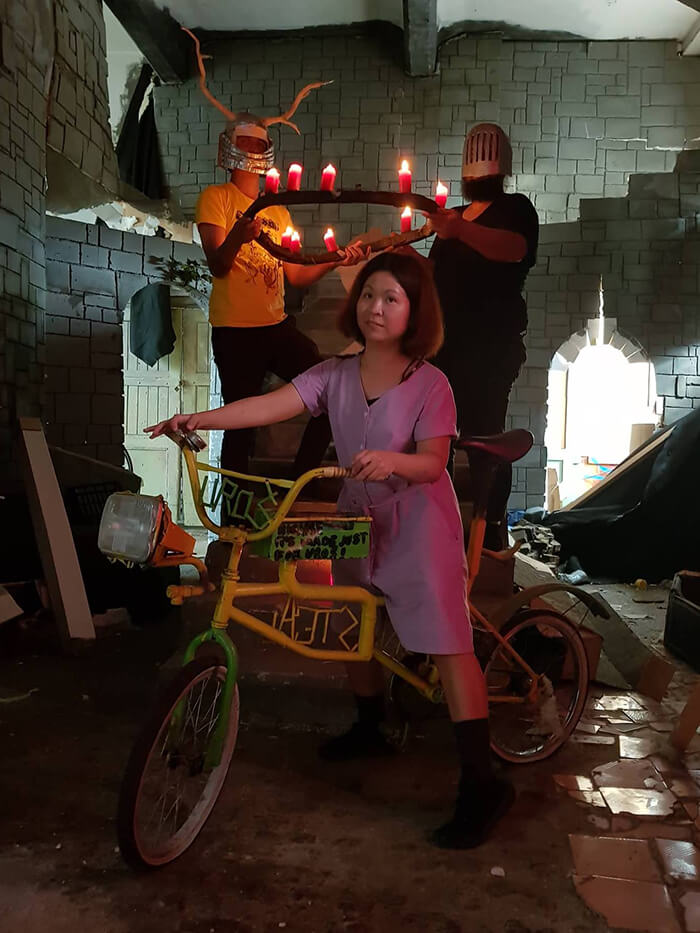
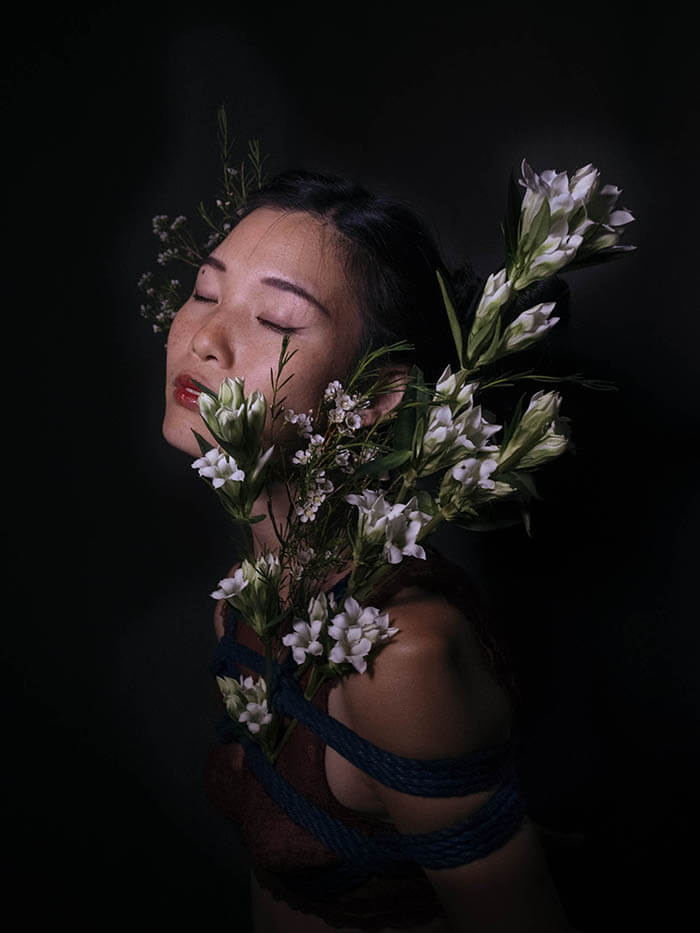
Right: Sabiwa by Shantel Liao
CHINABOT is a platform collective created to change the dialogue surrounding Asian music. For those that are not familiar with the platform, who is behind CHINABOT? What are your background and interests?
Saphy Vong: We are a group of friends. A lot of people are involved from different parts of the world. The main members are me, Saphy (Lafidki) from Cambodia, based in London. Jae Ho from South Korea, based in London. Sabiwa from Taiwan is based in Berlin, and Pisitakun from Thailand is based everywhere.
I founded the label 2 years ago after shutting down my small venue in Phnom Penh (Cambodia) a few years before. My first idea was to make more connections with neighbouring countries like Thailand or Vietnam, bringing them to Cambodia to introduce them to the contemporary sound of Asia. After touring a lot in South East Asia, it made more sense to collaborate together and help each other because the scene is so small.
What are your main aims behind CHINABOT?
Saphy Vong: The label seeks to challenge conceptions of “Asian Music” and to make the experimentalists from the continent less isolated. Putting things together that don’t have the platform they deserve between Asia and the West. It’s crazy how Asian people have been pigeon-holed for years. We try to make it feel normal, not like a human zoo or circus, because it sounds exotic for the predominantly white club or festival.
What have been the main challenges you have encountered developing the platform?
The main challenge was to understand the complexity, history and relationship between so many countries in Asia, tensions still exist, and we can’t change the mentality of some artists who don’t want to work or be related to other artists from a specific country.
It’s also hard to bring Asian artists to the UK due to visa restrictions and big costs. Touring as Asian or brown people can be tough with border controls and unjustified long checking, which is nothing we can change with the platform.
In your opinion, have you felt the perception of Asian culture changed in a positive way since you founded the platform? What are your main reflections on this?
Jaeho Ho: Absolutely! When I came across Chinabot, it led me to find out lots of talented artists and good music from Asia that I didn’t know before. I think it would be the same for someone who came across Chinabot or came to parties and live events organised by Chinabot.
I’m so grateful to be part of this collective, as I believe Chinabot has been playing an important role to introduce contemporary Asian music and art to people who are not necessarily familiar with it or who want to find out more about it. Especially people in London and also other cities in Europe tend to enjoy a lot when they experience something different, new and real from other cultures from my experience.
Saphy: It’s changing slowly, but yeah, in a positive way. We’re working more locally and had the chance to collaborate a couple of times with amazing Asian collectives in London, like Indigo Mag, Eastern Margins and Diaspora Disco. We still have some visa restrictions for bringing some artists from South East Asia. Not always easy for a poor artist to travel to the Uk who pays an expensive short visa almost for playing for free.
What directions do you see taking CHINABOT work into?
Sabiwa: Making a big platform and world connection for Asian artists to spread their works out of Asia.
Saphy Vong: It’s already a lot of work with the events, radio show, booking and releases, but I really want to experiment more, probably with less digital and more printing, I want to keep it exciting and not boring. I also need to be in Asia more often.
What is your chief enemy of creativity?
Sabiwa: My moodiness and self-satisfaction.
Jae Ho: Doing too much brainstorming.
Saphy Vong: Boredom.
You couldn’t live without…
Sabiwa: Air, water, sunshine, food, happiness.
Jae Ho: Feeling creative.
Saphy Vong: 2 kidneys.



